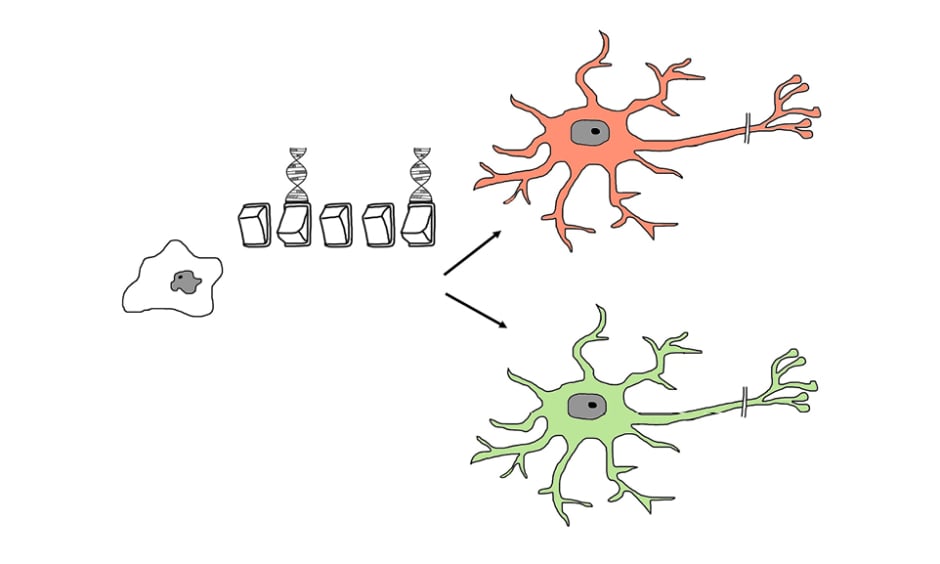NEW treatments and an enhanced understanding of the causes of atrial fibrillation (AFib) could occur following a discovery that will enable the condition to be better studied. Researchers from the University of Illinois at Chicago (UIC), Illinois, USA, have found a way to turn pluripotent stem cells into atrial cells, something that has previously been difficult to achieve.
Knowledge Gap
AFib, the most common heart rhythm disorder, has been challenging to study at a cellular level because of a lack of characterised cellular models of atrial cells. Instead, stem cells typically default to ventricular cells; this has contributed to a gap in knowledge about AFib compared to conditions that originate in the ventricles.
Atrial-Like Stem Cells
Using blood cells obtained from healthy volunteers, the researchers made the cells pluripotent by gene activation before treatment with vitamin A. Significantly, these cells responded to electrical stimuli in a way similar to atrial cells.
“There are a select number of cell types that conduct electricity, heart and brain cells are examples, but even among heart cells how they conduct electricity varies,” commented corresponding author Prof Dawood Darbar, UIC. “This is the first time a study has shown that treating stem cells with vitamin A generates cells that are electrically like atrial cells.”
Personalised Treatments
It is hoped that these findings will lead to a greater understanding of the mechanisms of AFib and ultimately the development of new treatments. Additionally, this stem cell model should eventually allow doctors to tailor treatment approaches to individuals dependent on their genetic makeup.
“We believe this model will enable more in-depth research on the elusive causes of AFib and will facilitate a more ‘personalised’ approach to treating AFib in the future,” explained Prof Darbar.
James Coker, Reporter
For the source and further information about the study, click here.








